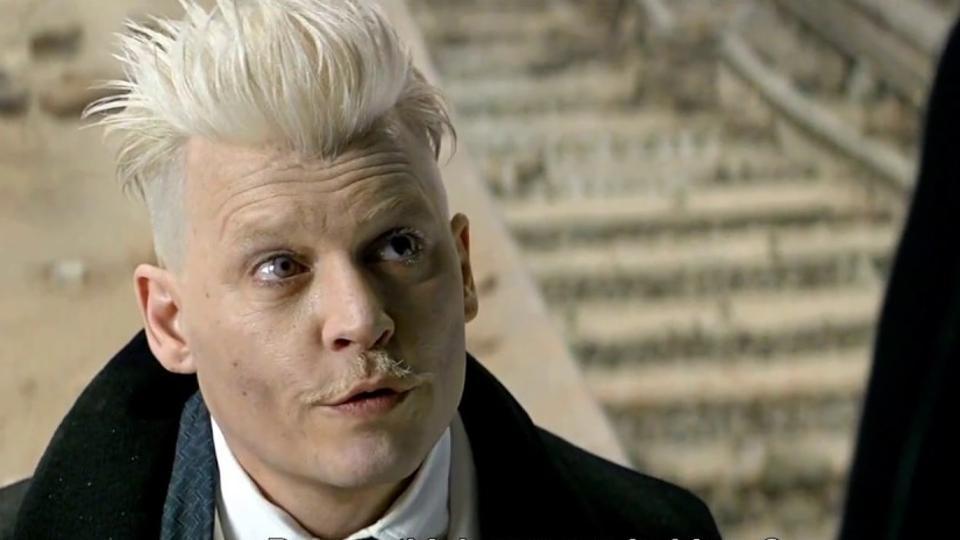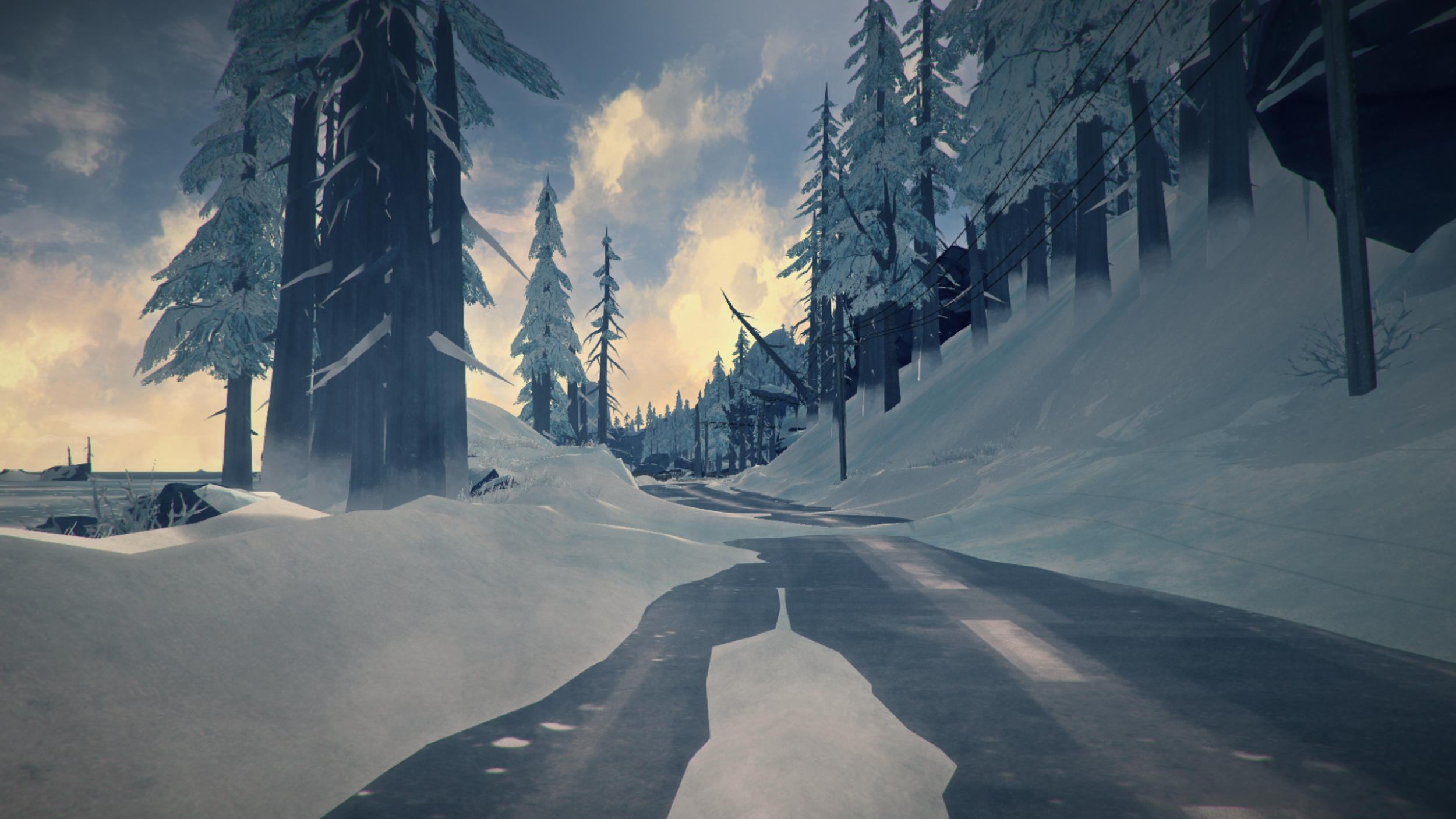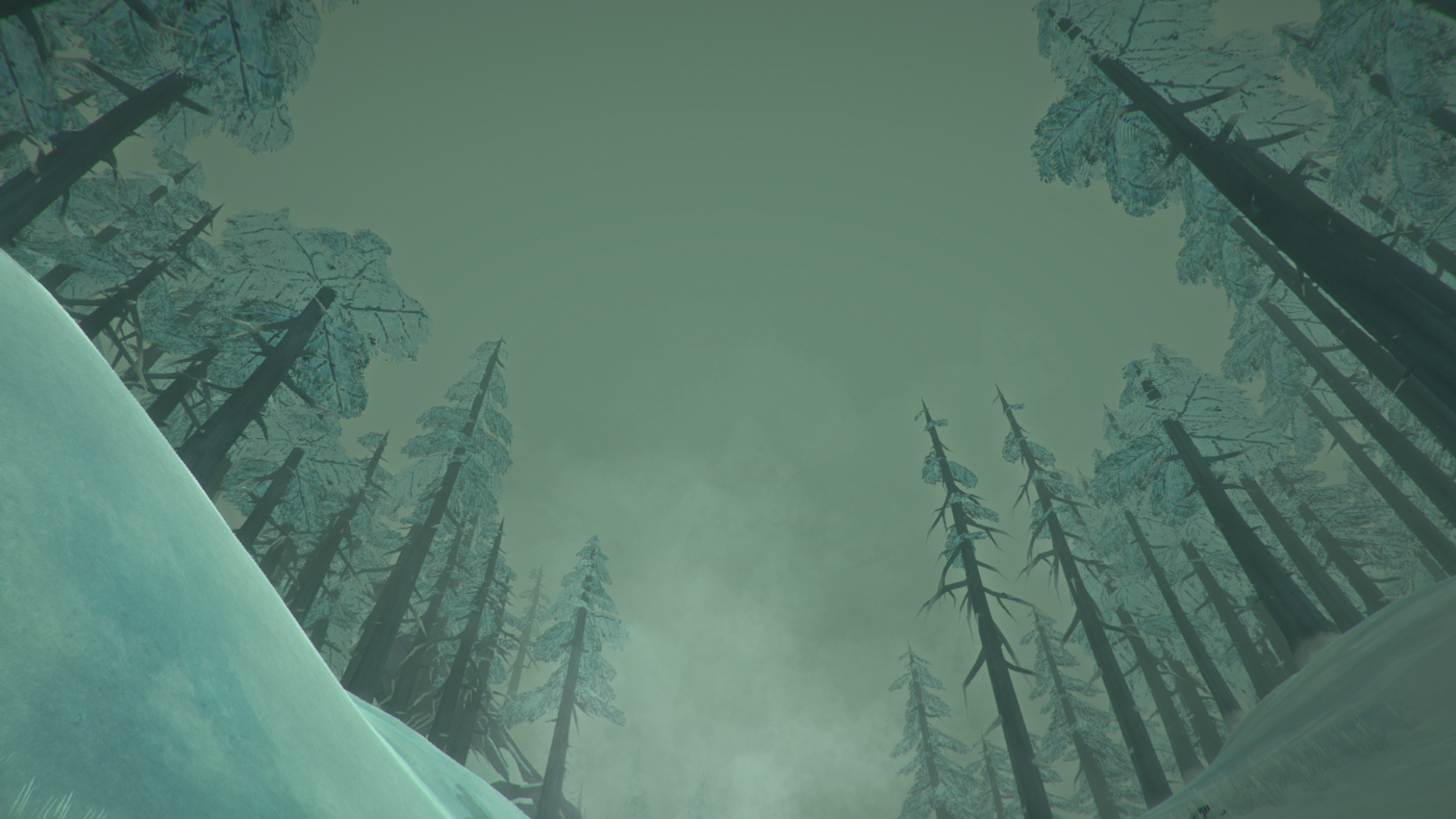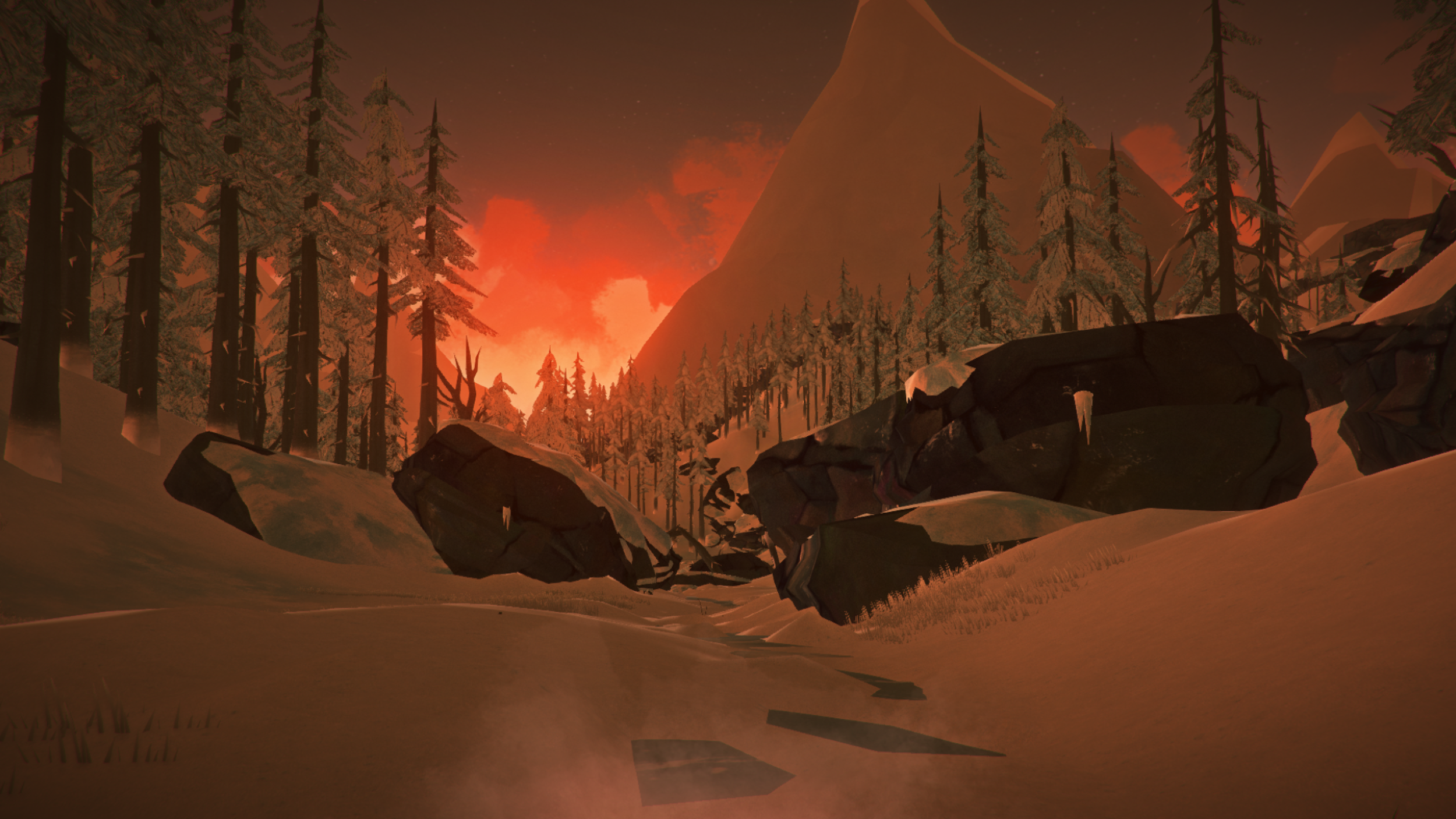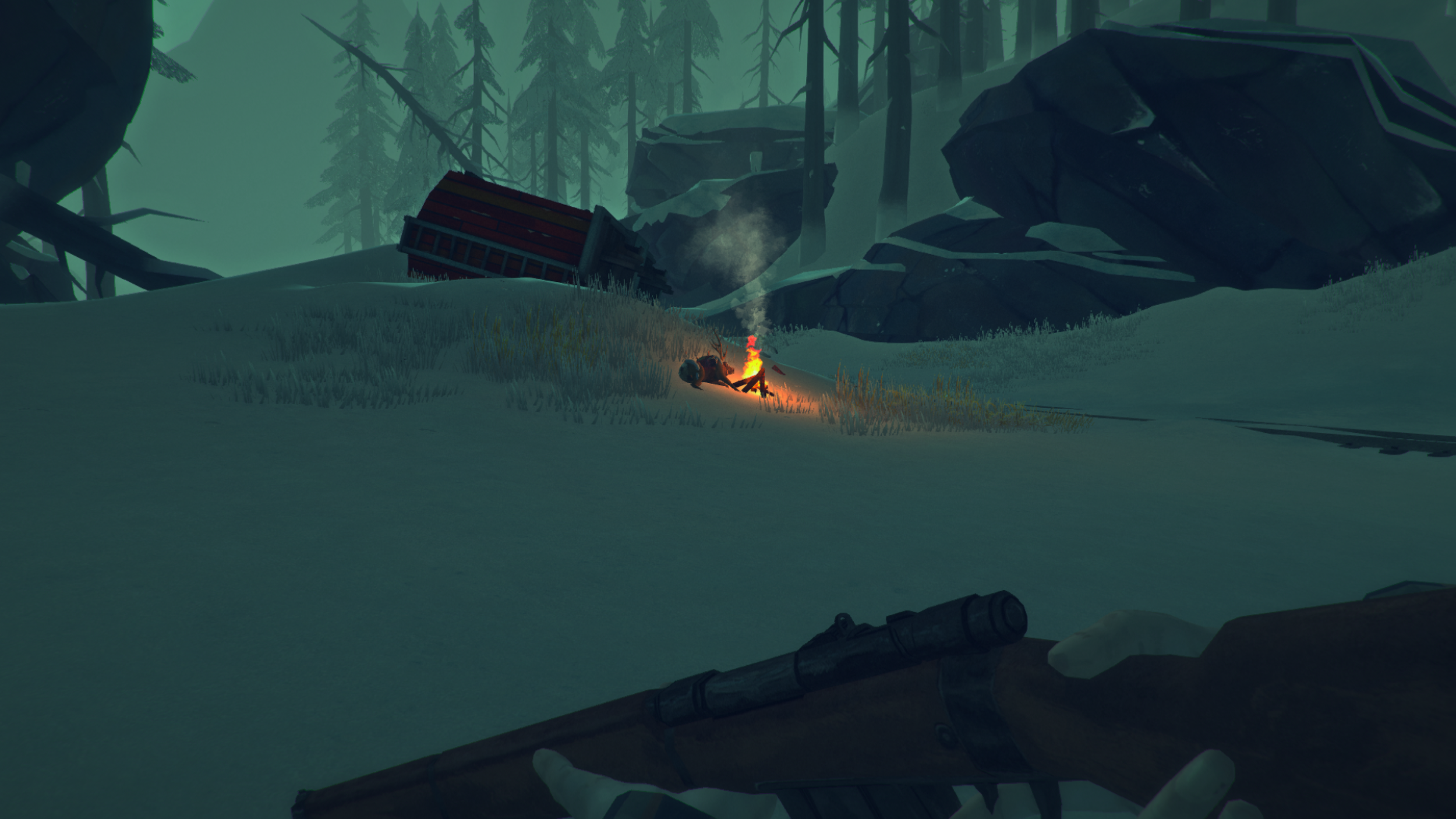All About Ready Player One
A few days ago, a trailer and poster for Steven Spielberg's adaptation of Ernest Cline's Ready Player One came out, and everyone had a hearty chuckle at the protagonist's bizarrely elongated leg. But it also served as a launching-off point for a discussion on how bad the book is, with choice excerpts flying thick and fast across twitter.
This is kind of a strange situation, because when Ready Player One came out back in 2011 it was an instant hit among the online geek crowd, seemingly universally beloved. For years afterwards, it felt as though most people who read the book, liked it; even my own negative review was more muted than outright hostile. Then Ernest Cline released a follow-up that was pretty much universally panned, even by people who loved his first outing, and opinion on Ready Player One soured via that strange phenomenon of internet collective opinion-making that also turned The Phantom Menace from the most exciting movie in the world to the worst (and which now, oddly, seems to be in the middle of exonerating it again).
To be clear, I'm not suggesting that the twitter hive-mind is wrong on this one. I dipped back into Ready Player One and yes, it's bad. It's bad in all the ways I remember it being bad when I first read it, and it's also bad in ways that I somehow missed the first time around. Here, in bulleted list form, are the salient points you need to know so you don't have to bother reading the thing for yourself (spoilers, obviously):
- Ready Player One takes place in the year 2044, but its teenage protagonists are all obsessed with pop culture from the 80s. Not only are they completely uninterested in whatever entertainment and commercial art is coming out in their own time (to the point where it seems as if there is none), it begins to feel as though all movies, games and music made after the mid-90s were somehow erased from history, barring a handful of exceptions like The Matrix.
- The book exists more or less entirely to deliver 80s references, which it does in the same manner as those pop-culture mash up t-shirts that have Deadpool cosplaying as Darth Vader or whatever. This is best demonstrated by the scene where the protagonist arrives at a virtual party in a flying DeLorean that has the Ghostbusters logo on the doors and also the KITT AI from Knight Rider (yes, of course he also has a lightsaber). The entire book is like this; it's not so much a celebration of old school geek culture as it is a regurgitation, the author constantly tapping the reader on the shoulder and asking "Hey, you know what this thing is, right? Right? You get the reference, right?"
- All of the main characters are very clearly expressing Ernest Cline's own opinions, regardless of how little sense that makes. At one point, the main character laments that cereal manufacturers don't put toys in cereal boxes anymore, even though he has never personally experienced this and only knows about it from watching 80s cereal commercials--which is a thing that he does, for some reason.
- There are two Japanese characters in the book. This sit in the traditional seiza position and talk about honour and their ancestors all the time. At first I thought they were meant to be roleplaying--they're as obsessed with old samurai movies as the American characters are with Ghostbusters and Star Wars--but they keep doing this even when they show up in the real world.
- The book is extremely blatant wish-fulfillment. The main character goes on a quest to inherit the fortune of a vaguely Steve Jobs-esque tech mogul, which his trove of 80s knowledge (of course) allows him to do better than any of the millions of people competing with him for the prize. He shows up the rich corporate snobs trying to get the money ahead of the plucky nerds, gets a hot girlfriend, and becomes a multi-millionaire at the end of the book. Nothing ever seriously goes wrong for him. He spends a portion of the middle of the story struggling with depression and gains a large amount of weight, but manages to overcome both issues easily through the application of technology. At one point he sells himself into indentured servitude in order to access the evil corporate villain's headquarters; this plan goes off without a hitch, and presents absolutely zero tension at any point.
- At one point, the main character discovers that his virtual best pal--who presented in cyberspace as a fit, white, straight dude--is actually an overweight black lesbian. As far as I can tell, this occurs solely to highlight what a totally woke and open-minded guy the protagonist is. Their relationship continues on with zero problems or conflict, and they have no trouble relating to each other in real life as well as they did online (after this twist, this character's role in the plot severely diminishes, which makes me suspect they were written into the book solely for this purpose).
- At the end of the book, the characters all decide to leave the virtual world behind and embrace reality. This makes no sense. The near-future America they live in is a poverty-wracked hellhole, teetering on the brink of ecological collapse and ruled by all-powerful corporations. Cyberspace is the only way most people can get an education, socialize safely, express themselves or experience what it's like to live in a world that isn't a dystopian nightmare. There is zero actual reason for them to declare that actually it's bad and the real world is good, except that Ernest Cline thought these kinds of stories had to end with moral lessons about how the real world is superior to the digital one.
- Actually wait, there is a reason for them to do that: they're now rich beyond their wildest dreams, so they can just buy their way past all the bad stuff that they were using cyberspace to escape from. This is not acknowledged at any point.
All that said, I will give the book credit for one thing: it has the characters become rich (even before winning the grand prize) and famous due to their exploits online and starting streaming web-channels that are watched by millions, which given that the book came out in 2011 is a pretty good prediction of the phenomeon of Twitch and Youtube celebrities (PewDiePie only hit a million subscribers in 2012, so Cline was pretty ahead of the curve with this).
